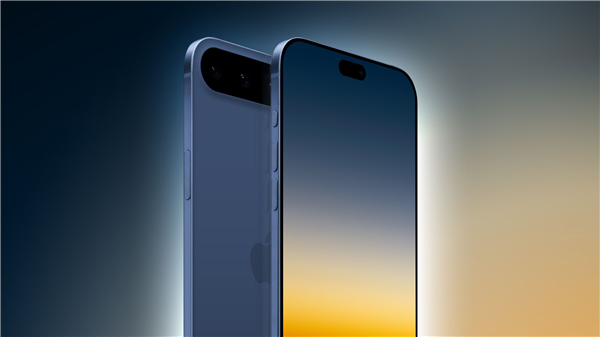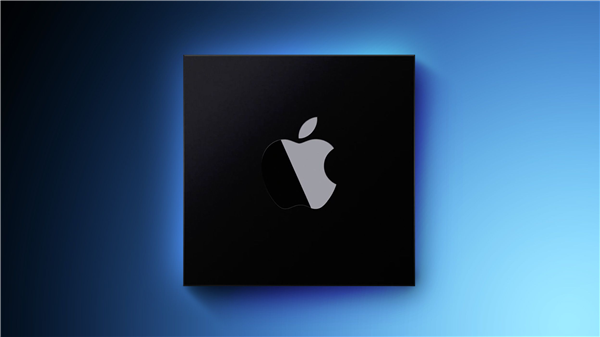Igeekphone November 1 news, Apple analyst Guo Mingqi said that next year there will be at least one iPhone 17 series model equipped with Apple’s self-developed Wi-Fi 7
Nearly all of Apple’s current iPhone models are equipped with Wi-Fi chips supplied by Broadcom, which ships more than 300 million Wi-Fi+ Bluetooth chips to Apple each year.

But Apple began to reduce the dependence on Broadcom, from next year, Apple will use self-developed Wi-Fi chip, this chip is manufactured by TSMC 7nm process, Apple plans to let all products use self-developed Wi-Fi chip within three years, in order to reduce costs.
Compared with Wi-Fi 6, Wi-Fi 7 can reach a maximum transmission speed of 46Gbps, nearly five times that of Wi-Fi 6.
Wi-Fi 7 will support more bands, including 2.4GHz, 5GHz, 6GHz, and before that, Wi-Fi 6 supports two bands, 2.4GHz and 5GHz, and Wi-Fi 6E supports 6 GHZ (Wi-Fi devices are backward compatible).
However, due to the allocation of frequency bands in different regions, the 6GHz band supported by Wi-Fi 7 will be different in different regions, such as the United States, South Korea and Brazil will be the entire 6GHz band (5.925-7.125GHz) allocated to Wi-Fi 6E and Wi-Fi 7.

In addition, Apple’s self-developed 5G baseband chip is about to be commercialized, and the iPhone SE 4 in the first half of next year and the iPhone 17 Air in the second half of next year will use Apple’s self-developed 5G baseband.
Public information shows that in 2019, Apple spent $1 billion to acquire Intel’s mobile baseband chip department, obtained more than 17,000 patents and more than 2,200 employees, and then for many years, Apple has been trying to develop its own 5G baseband chip to replace Qualcomm’s 5G baseband chip.
Wolfe Research analyst Chris Caso has released a research report that Apple will introduce self-developed 5G baseband chips in the iPhone 17 series launched in 2025, which is expected to cause Apple’s revenue contribution to Qualcomm to decrease by 35% year-on-year, and is expected to decrease again by 35% in 2026.

.jpg)







